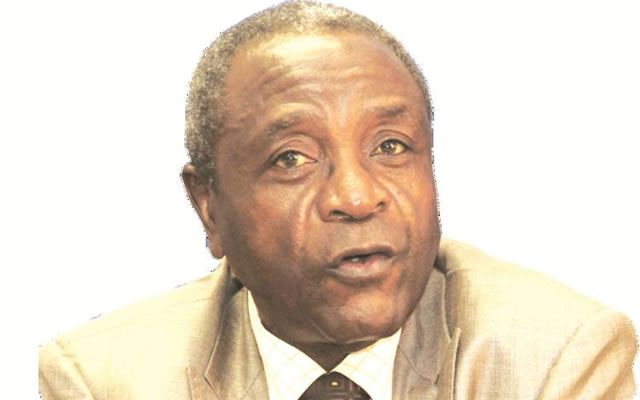Innscor embraces currency basket

Business Reporter
INNSCOR Africa’s listed quick service restaurant business, Simbisa Brands, says it is open to trading in different currencies in support of the multiple-currency system.
The Ministry of Finance and the Reserve Bank of Zimbabwe have announced a raft of measures among them increased use of plastic money and the introduction of $200 million bond notes guaranteed by the African Export Import Bank to mitigate the effects of the current cash crisis in the country.
The bond notes that will be in denominations of $2, $5, 10, and $20 will start circulating in October.
Chicken Inn, Pizza Inn, Creamy Inn, Fish Inn, Nando’s, Steers and Dial a Delivery fall under Simbisa Brands.
Simbisa Brands, in a notice, said: “Pricing of our products sold or advertised for sale through our outlets…are currently priced in United States dollars.
However, for your convenience you can now purchase your favourite meals using any of the following currencies: South African rand, Botswana Pula, British Pound, Euros, Chinese Yuan/Ramnbi and Indian Rupee.
Please note that each of our outlets will display applicable cross rates on a daily basis.”
In addition, Simbisa said electronic payments are welcome for customer convenience and thus the transacting public can now pay or order deliveries using electronic card payments via cashless methods.
Simbisa thus accepts major electronic cards that include Visa, MasterCard, ZimSwitch and EcoCash.
In recent weeks, Zimbabwe has been experiencing cash shortages and this has seen some banks capping withdrawal limits to $50 a day.
The current cash shortages have been largely attributed to the dysfunctional multicurrency system that has seen the country since the adoption of the multicurrency regime in February 2009 predominantly using the greenback as the anchor currency.
Low usage of plastic money and Real Time Gross Settlement, low confidence and inefficient utilisation of scarce foreign currency, have also resulted in cash shortages.
The strong US dollar has made Zimbabwe a high cost producing country and an expensive destination for tourists while externalisation has continued to put pressure on Zimbabwe’s balance of payment position.












Comments